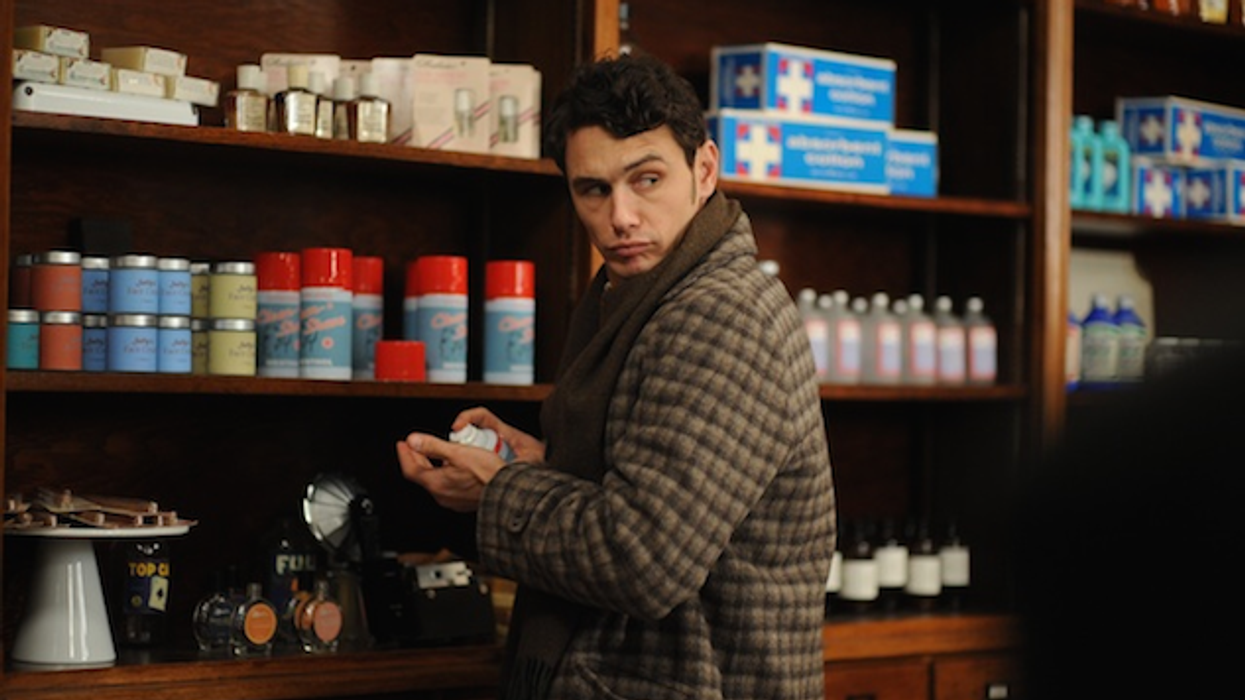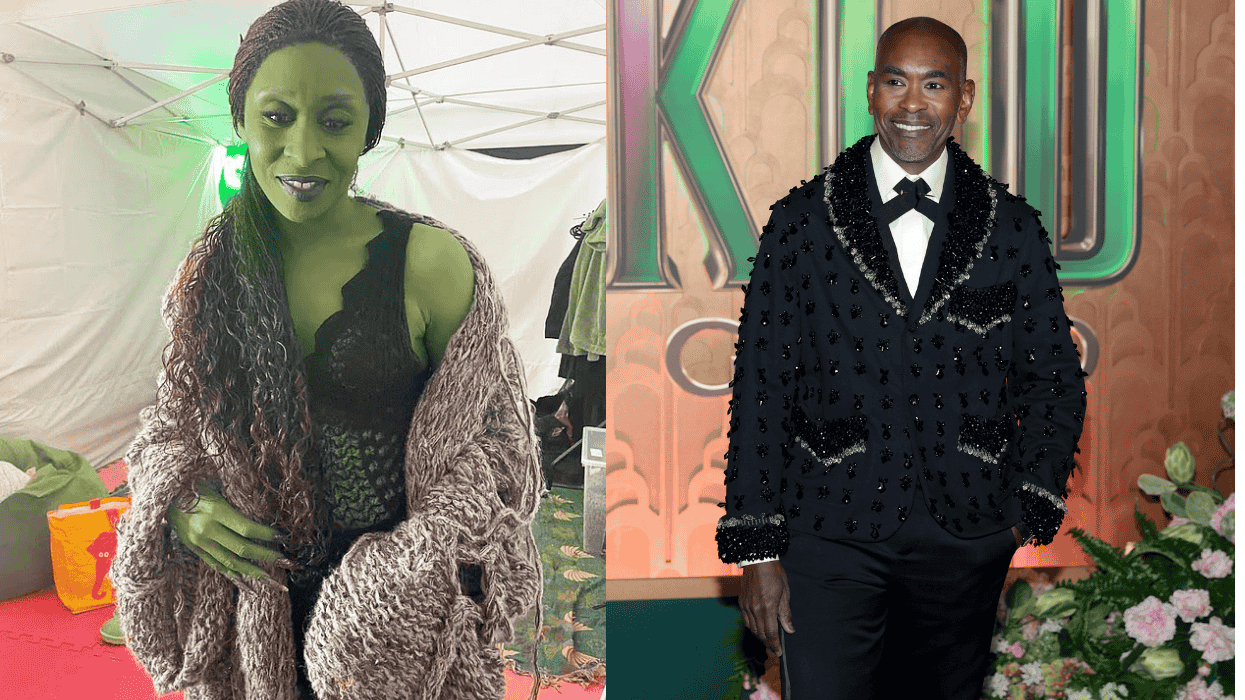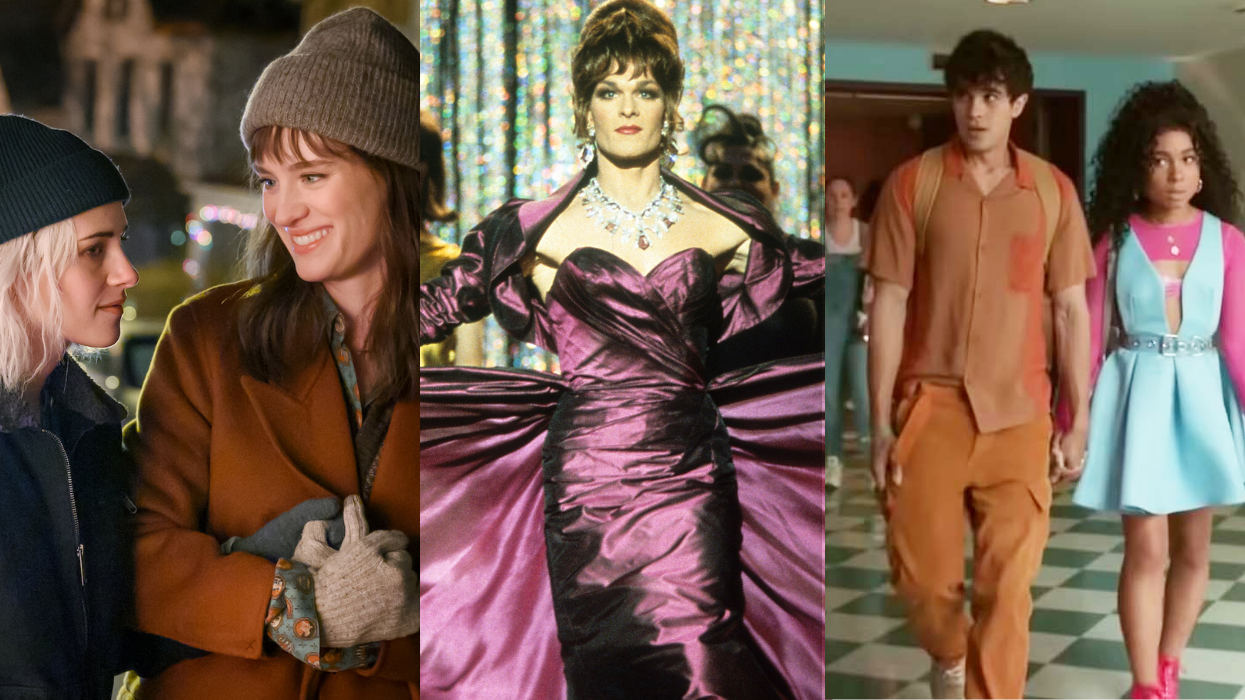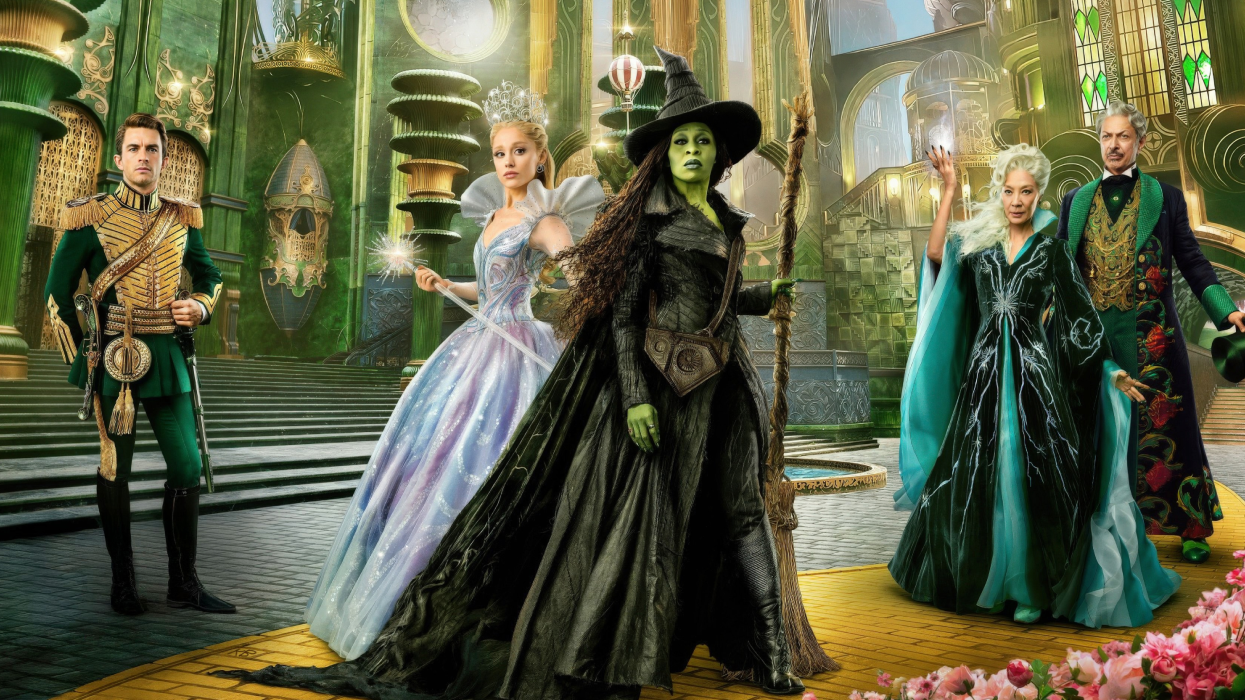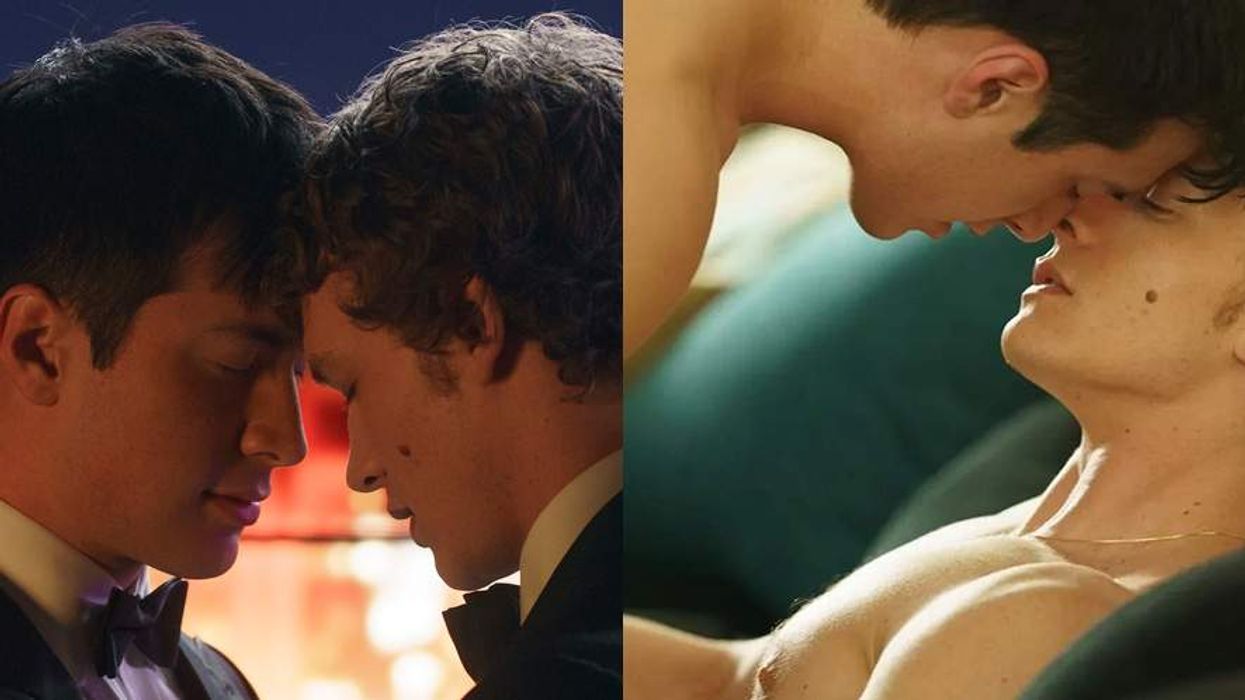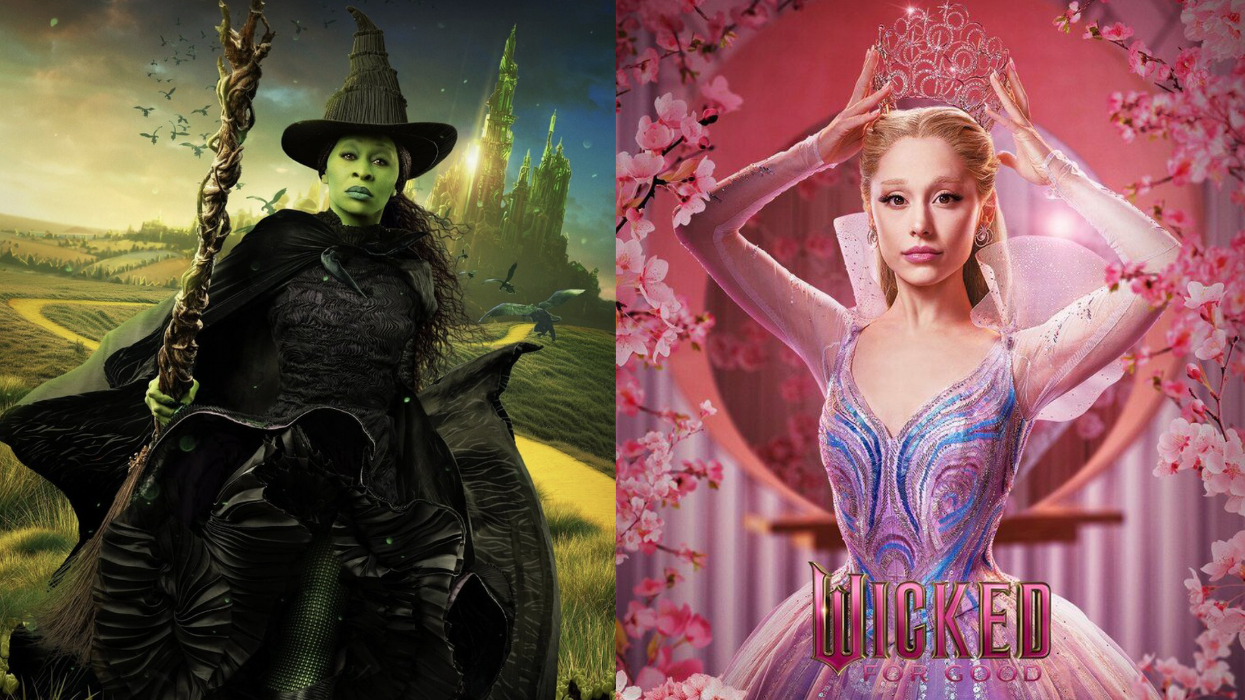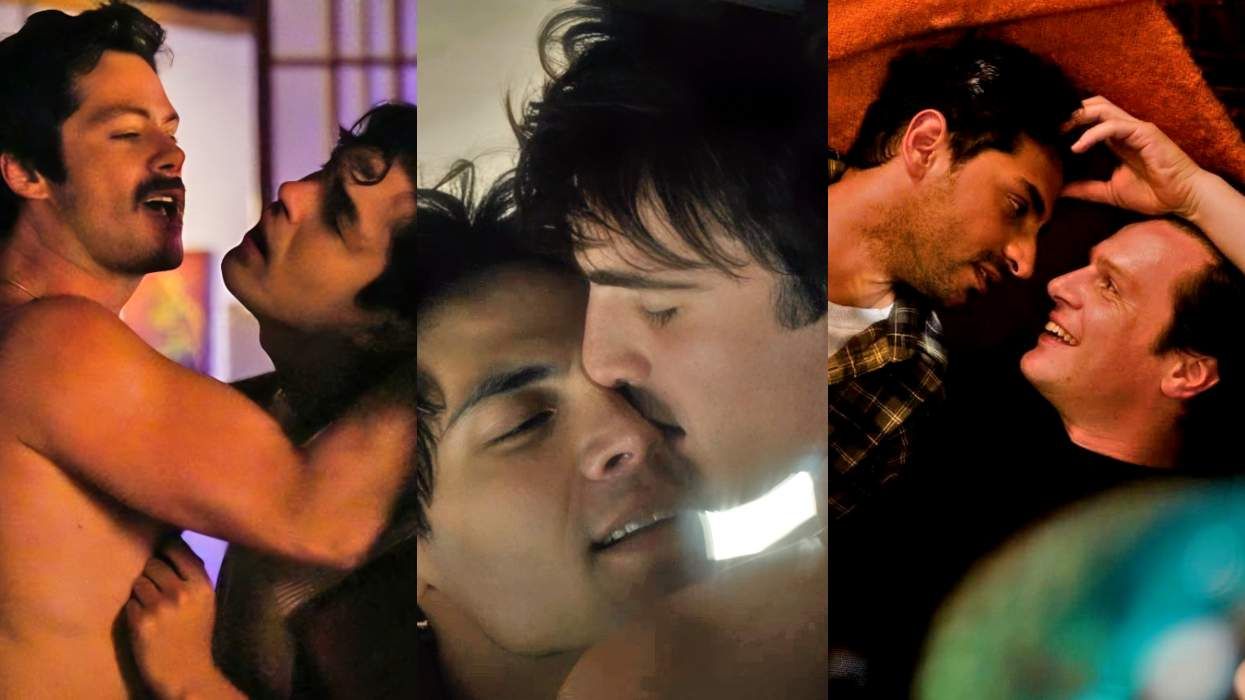Damnedest thing about James Franco: He can be a very good actor in spite of his annoying art stunts. Most of them are rather transparent: For last year's This Is the End, he was in on Danny McBride's joke: "James Franco didn't suck any dick last night! Now I know y'all trippin'..." Franco planned that trip, and it was preferable to Interior. Leather Bar., his exploitative docu-drama about the making of the gay serial killer movie Cruising.
As the undeclared ambassador of sexual ambiguity, Franco (who is also currently starring in the Broadway revival of Of Mice and Men) gives his best performance yet in Maladies, his latest project flirting with unorthodox sexuality and avant-garde narrative. In a scene pondering the artistic process, he sincerely discusses the "poof!" of creativity. Here Franco portrays poofter "James," a former soap opera actor (and version of himself), who gives up showbiz for a quieter, more intellectual pursuit as novelist. This ambiguous James suffers career and emotional instability; he seeks solace in the vacuum of a hand-held telephone's dial tone. (Acting students might catch the subtle channeling of Blanche DuBois's desperate, old-timey plea "Western Union! Caught in a trap!")
Living in a 1960s New York beachside community with his introverted sister Patricia (Fallon Goodson) and a transvestite painter Catherine (Catherine Keener), James and "family" all struggle with personal expression, tying creativity to identity. This archly contrived, fragile premise--by the one-name writer-director-artiste Carter--uncannily relays the surreal circumstance of pre-Stonewall repression. Maladies illuminates the closet as a social attitude and mental frame of mind.
Carter borrows this notion from the mid-20th century Freudian plays of Tennessee Williams and William Inge that dramatized covertly gay characters living in torment, a practice updated in such overtly gay fantasias as The Velocity of Gary, The Last Time I Committed Suicide, and A Love Song for Bobby Long. Franco uses his not-so-enigmatic, post-Actors' Studio empathy with gay sexuality to represent the poignant, valiant striving of society's outcasts. He makes James's neurotic behavior into a consistently peculiar but beautifully readable turn (reviving the excellent mime he first displayed in Robert Altman's The Company).
Voices in James's head echo the film's creepy, anonymous voice-over narrator and James's endless scribbling of words, ideas and memories onto paper matches the unarticulated observations of his cross-dressing housemate Catherine, his withdrawn sister and stifled neighbor Delmar (David Strathairn). They all refer back to a time when queerness bore a devastating cost and was not yet recognized as a civil right.
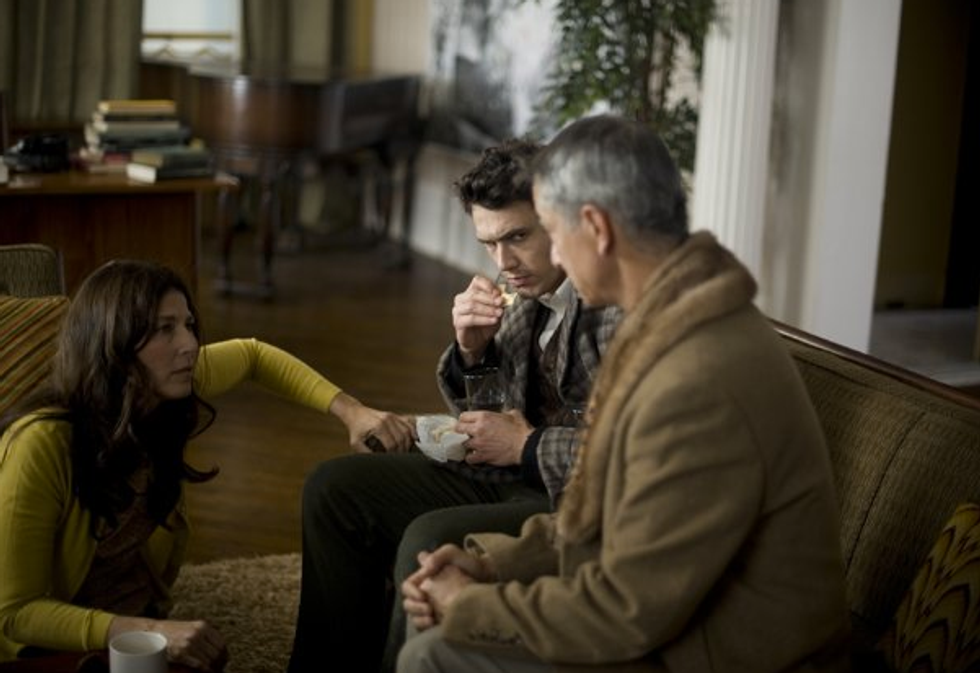
Despite much ill-conceived, over-explicit, trial-and-error formalism, Carter, (whose pretenses are equal to Franco's own), somehow achieves connection to another landmark: George Cukor's 1934 Sylvia Scarlett, that classic of queer sensibility where Katharine Hepburn played a cross-dressing youth who falls in love with an egotistical playwright. While Carter provides no comic outlet as when Hepburn and her band of misfits broke into "By the Sea," Sylvia Scarlett's delightful song-and-dance routine, Maladies gradually summons deep empathy--especially during a car ride scored to Freddie Mercury and Montserrat Caballe's duet "Guide Me Home" which has become a heartbreaking AIDS anthem.
Even better: James's eccentric household rise from their torpor and dance to the Motown classic "I Want a Love I Can See" by The Temptations. God bless Franco and Carter's willingness to risk any anachronism to achieve a moment that radiates such open-hearted desiring. Note Strathairn's repressed Delmar catching The Temptations' rhythm by intently eyeing James's swaying hips. It defines and justifies Franco's sexual/artistic teases.
For some of us, Franco's flirtatious smile was the best thing about Gus Van Sant's Milk, and his wry sensitivity redeems Maladies' emphasis on sorrow and "art." Is there any way to salute Franco without encouraging his dubious follies? As Keener's Catherine tells James: "You can't reinvent the wheel, stud." But Franco thinks differently.
Maladies opens in select theaters March 21 Watch a trailer for the film below:


